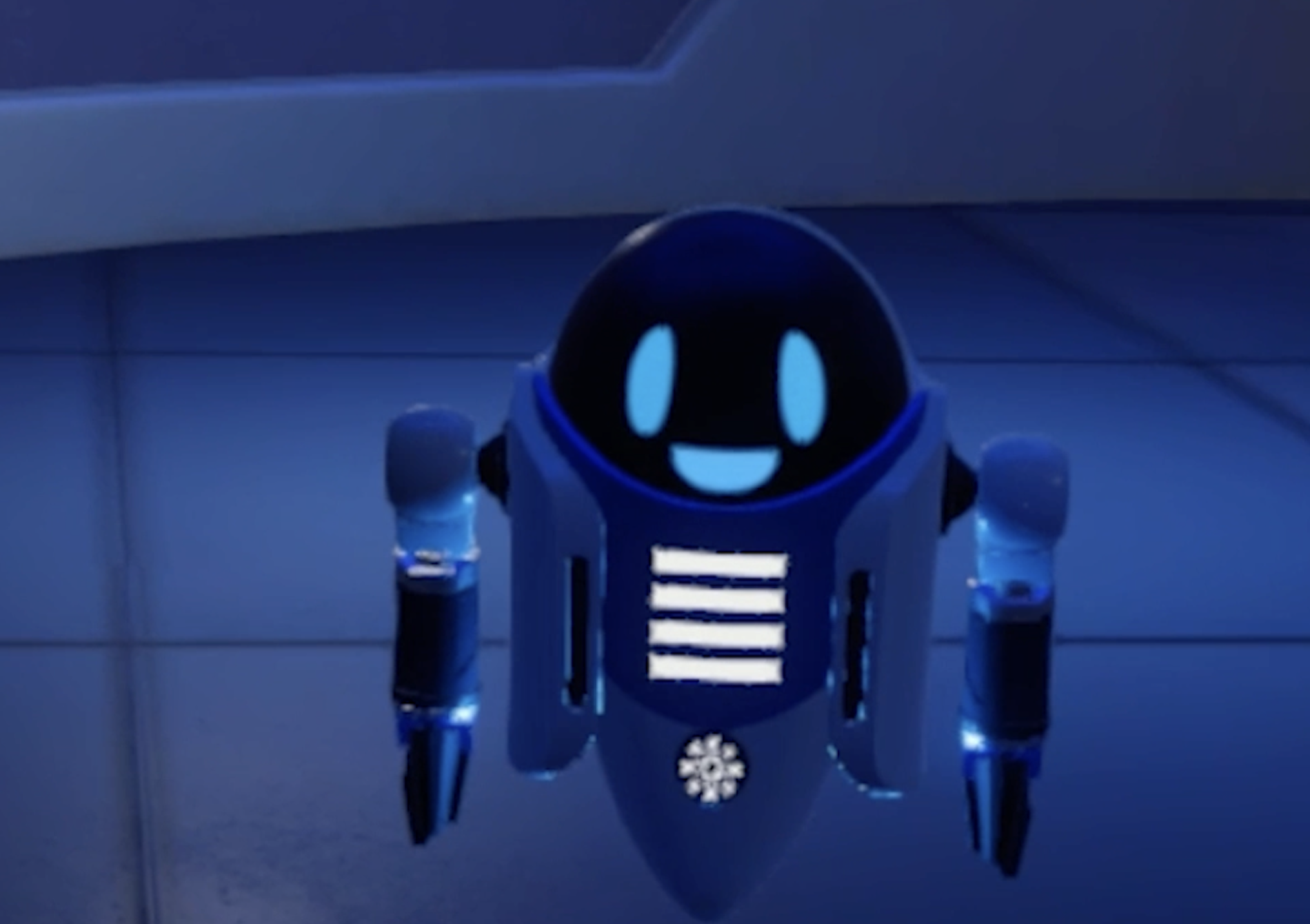Politeness Matters
By Teon Edwards
Recently, there has been a lot of attention on the costs and benefits of politeness with generative AI systems. In an April 16, 2025 post on X (formerly Twitter), Sam Altman, chief executive of the artificial intelligence company OpenAI, responded to a question about how much money it cost when people were saying “please” and “thank you!” to chatbots: “tens of millions of dollars well spent–you never know.” That cost is staggering, but let’s consider instead the “well spent”.
There are many reasons to be polite to AIs. For example, according to Kurtis Beavers, a director on the design team for Microsoft Copilot, “using polite language sets a tone for the response.” When we’re polite to the chatbot, it’s more likely to be polite back to us. Moreover, as we are all, collectively, using these large language models, we’re also training them, and by being polite, we’re providing the models with polite input. There is also increasing evidence that how people interact with AIs impacts how they treat humans, such as found by this study, where unfair treatment by an AI seemed to desensitize people to the bad behavior of other people.
So why is this a blog post for ND in STEM? As part of the NSF project Broadening Participation in Informal STEM Learning for Autistic Learners and Others through Virtual Reality (#2005447), a neurodiverse team of college student interns and professional educators worked together on the design of the STEM-based VR game Europa Prime. And a major outcome of this co-design process was an in-game focus on communication… polite communication!
Because it was especially important to one of the neurodivergent team members, politeness is baked right into the language of the alien characters in the game. The Minos, fictional cephalopod-like aliens living in the subsurface ocean of Jupiter’s moon Europa, say “thank you” with a single flash of yellow light. And about 86% of the vocabulary words developed for the Minos deliberately end with yellow. Those that don’t include question words, such as “what.” “where,” and “how,” and urgent words, such as “stop.” Players of the game may or may not ever notice this, but it’s there.
In addition, while the Europa Prime co-design team never discussed the role of politeness with today’s AI chatbots, it spent a lot of time on the importance of respectful and friendly interactions with robot characters—robots who assist with guiding attention, carry things, are background characters, etc.—in the game.
Politeness in communication is important. Keep that in mind the next time you talk to an AI chatbot, a Minos, a futuristic floating robot, and the people all around you.
Recently, there has been a lot of attention on the costs and benefits of politeness with generative AI systems. In an April 16, 2025 post on X (formerly Twitter), Sam Altman, chief executive of the artificial intelligence company OpenAI, responded to a question about how much money it cost when people were saying “please” and “thank you!” to chatbots: “tens of millions of dollars well spent–you never know.” That cost is staggering, but let’s consider instead the “well spent”.
There are many reasons to be polite to AIs. For example, according to Kurtis Beavers, a director on the design team for Microsoft Copilot, “using polite language sets a tone for the response.” When we’re polite to the chatbot, it’s more likely to be polite back to us. Moreover, as we are all, collectively, using these large language models, we’re also training them, and by being polite, we’re providing the models with polite input. There is also increasing evidence that how people interact with AIs impacts how they treat humans, such as found by this study, where unfair treatment by an AI seemed to desensitize people to the bad behavior of other people.
So why is this a blog post for ND in STEM? As part of the NSF project Broadening Participation in Informal STEM Learning for Autistic Learners and Others through Virtual Reality (#2005447), a neurodiverse team of college student interns and professional educators worked together on the design of the STEM-based VR game Europa Prime. And a major outcome of this co-design process was an in-game focus on communication… polite communication!
Because it was especially important to one of the neurodivergent team members, politeness is baked right into the language of the alien characters in the game. The Minos, fictional cephalopod-like aliens living in the subsurface ocean of Jupiter’s moon Europa, say “thank you” with a single flash of yellow light. And about 86% of the vocabulary words developed for the Minos deliberately end with yellow. Those that don’t include question words, such as “what.” “where,” and “how,” and urgent words, such as “stop.” Players of the game may or may not ever notice this, but it’s there.
In addition, while the Europa Prime co-design team never discussed the role of politeness with today’s AI chatbots, it spent a lot of time on the importance of respectful and friendly interactions with robot characters—robots who assist with guiding attention, carry things, are background characters, etc.—in the game.
Politeness in communication is important. Keep that in mind the next time you talk to an AI chatbot, a Minos, a futuristic floating robot, and the people all around you.

8/2/2025
AuthorTeon Edwards is the director and a co-founder of EdGE at TERC. Her current work focuses on the use of virtual reality and other technologies to design and develop inclusive STEM learning experiences, with a particular focus on neurodiversity and sensory, attention, and social differences.
SummaryTeon Edwards, PI of Broadening Participation in Informal STEM Learning for Autistic Learners and Others through Virtual Reality, considers why politeness matters in communication.
Share This Page: